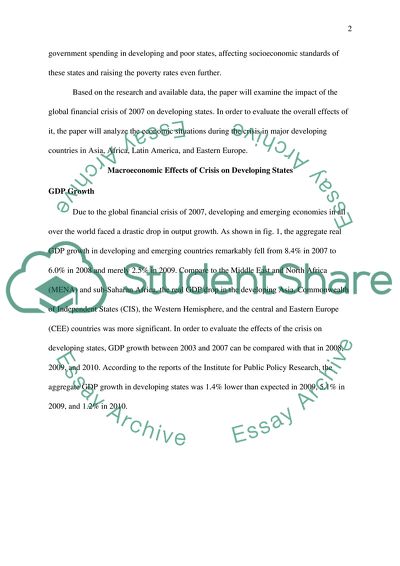Cite this document
(“The impact of the Global Economic Crisis on Developing States Essay”, n.d.)
Retrieved from https://studentshare.org/social-science/1669431-the-impact-of-the-global-economic-crisis-on-developing-states
Retrieved from https://studentshare.org/social-science/1669431-the-impact-of-the-global-economic-crisis-on-developing-states
(The Impact of the Global Economic Crisis on Developing States Essay)
https://studentshare.org/social-science/1669431-the-impact-of-the-global-economic-crisis-on-developing-states.
https://studentshare.org/social-science/1669431-the-impact-of-the-global-economic-crisis-on-developing-states.
“The Impact of the Global Economic Crisis on Developing States Essay”, n.d. https://studentshare.org/social-science/1669431-the-impact-of-the-global-economic-crisis-on-developing-states.


